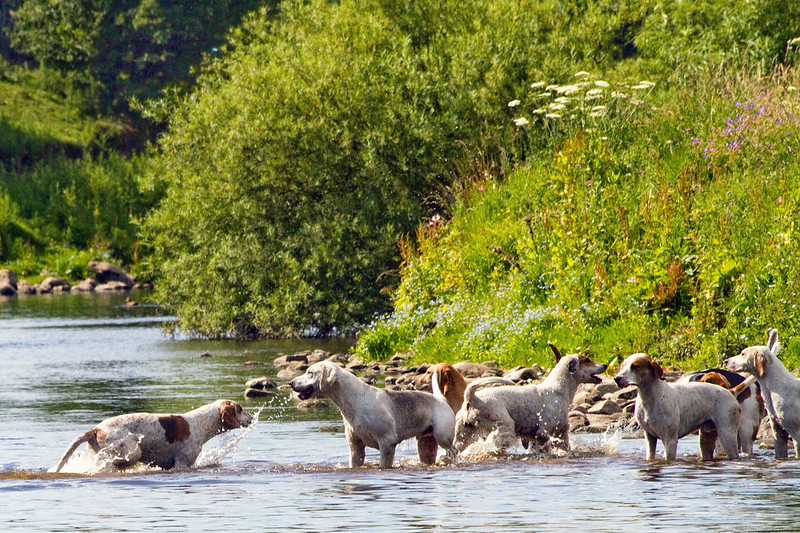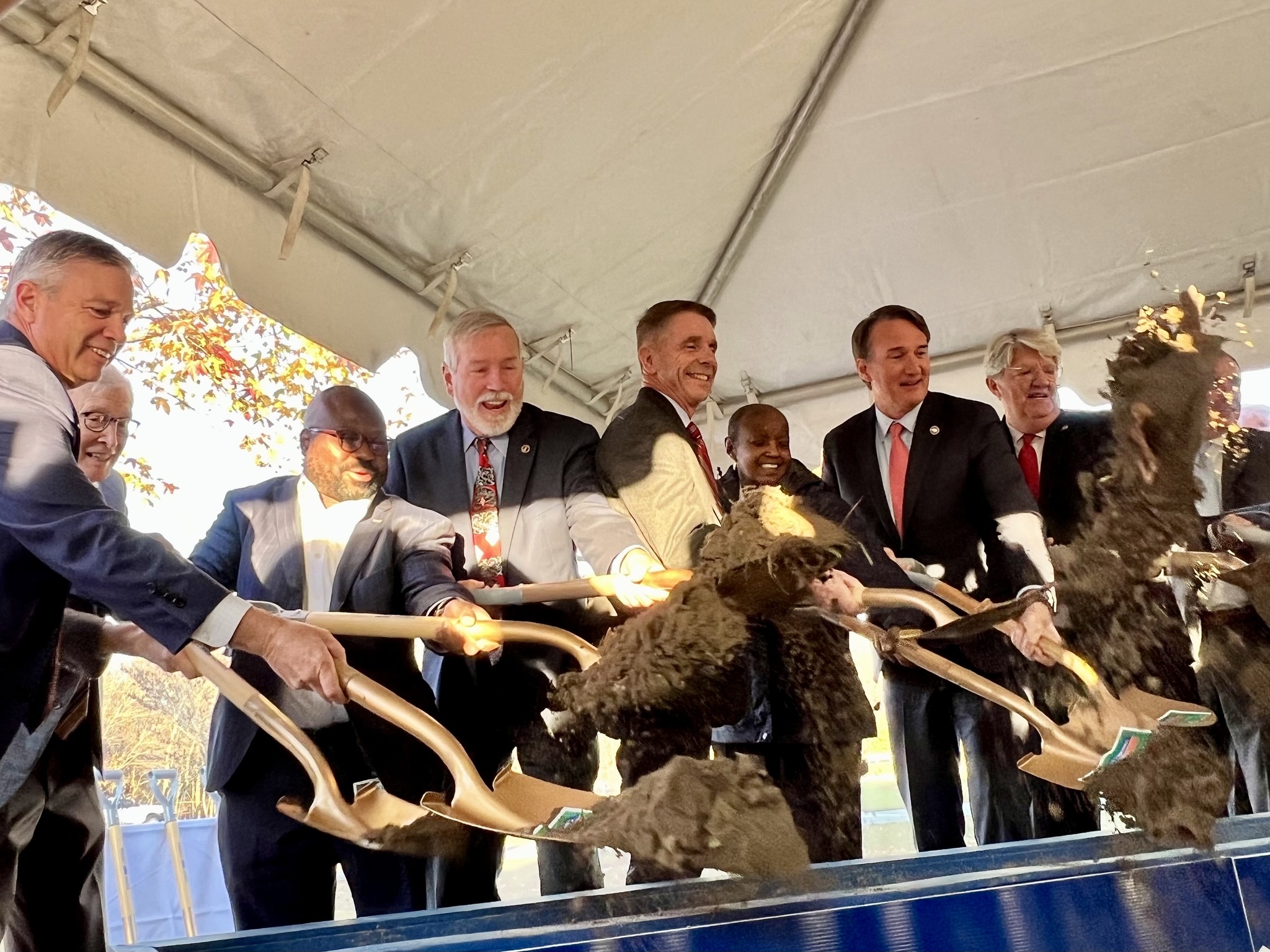Virginia DWR reported that, during the past year, 2002 of 6128 total calls for service for hunting complaints mentioned dogs . By far, the most common complaint was hunting dogs on private land without landowner permission.
Virginia Department of Wildlife Resources has opened public comment on two proposed hunting dog regulations to address hunting dogs on other people’s property.
GPS tracking rule
One new regulation DWR has on the table would require GPS tracking for hunting dogs used to pursue deer and bears.
According to the proposed language, GPS tracking would be required for any unrestrained dog from casting until recovery.
The wording acknowledges that signal loss can come into play but requires hunters to start tracking again when a signal can be reacquired.
According to DWR, GPS is the best technology, that’s in widespread use, for tracking dogs, and it aids in recovery by showing a dog’s location and movement patterns, which assists in predicting where dogs may be going.
DWR suggests that it could also be helpful to hunters because “should they desire,” they can show where their dogs have and have not been “if that is in question.”
This regulation would only require basic GPS. Hunters would not need advanced features, such as toning and corrective abilities, the documentation states.
Reasonable efforts rule
The second regulation would require that deer and bear hunters make reasonable efforts to prevent dogs from going onto a someone’s property if the property owner or a conservation officer has notified the hunter the dog isn’t wanted on that land.
Under the terms, the hunter would determine “the type and number of efforts implemented on a site-specific basis.” Considerations for effective effort could include things like:
The number and breed of dogs cast
- The casting locations
- Stander or handler location
- Use of tracking or correction technology
- Development of a written plan for the hunt
After receiving notice that dogs are unwanted on a property, if a hunter’s dogs goes onto that property two or more times within a 12-month period that “shall create a rebuttable presumption that reasonable efforts have not been undertaken,” the proposed regulation states.
DWR notes that rebuttable means a hunter does have the opportunity to show reasonable efforts were made.
DWR said this regulation suggests a complaint or notice-driven process to avoid creating new requirements for unproblematic situations and to allow both hunter and law enforcement efforts to be concentrated on avoiding or resolving potential conflict situations. It would seek to address repetitive cases rather than single or isolated incidents that may not recur or be informally resolved rather than doing so through a trespass approach.
Those seeking to weigh in can read the documentation in full and provide comment here. The deadline is July 5.
FOLLOW the Watchful Eye on Twitter and Facebook to keep up with what’s happening in Virginia!




